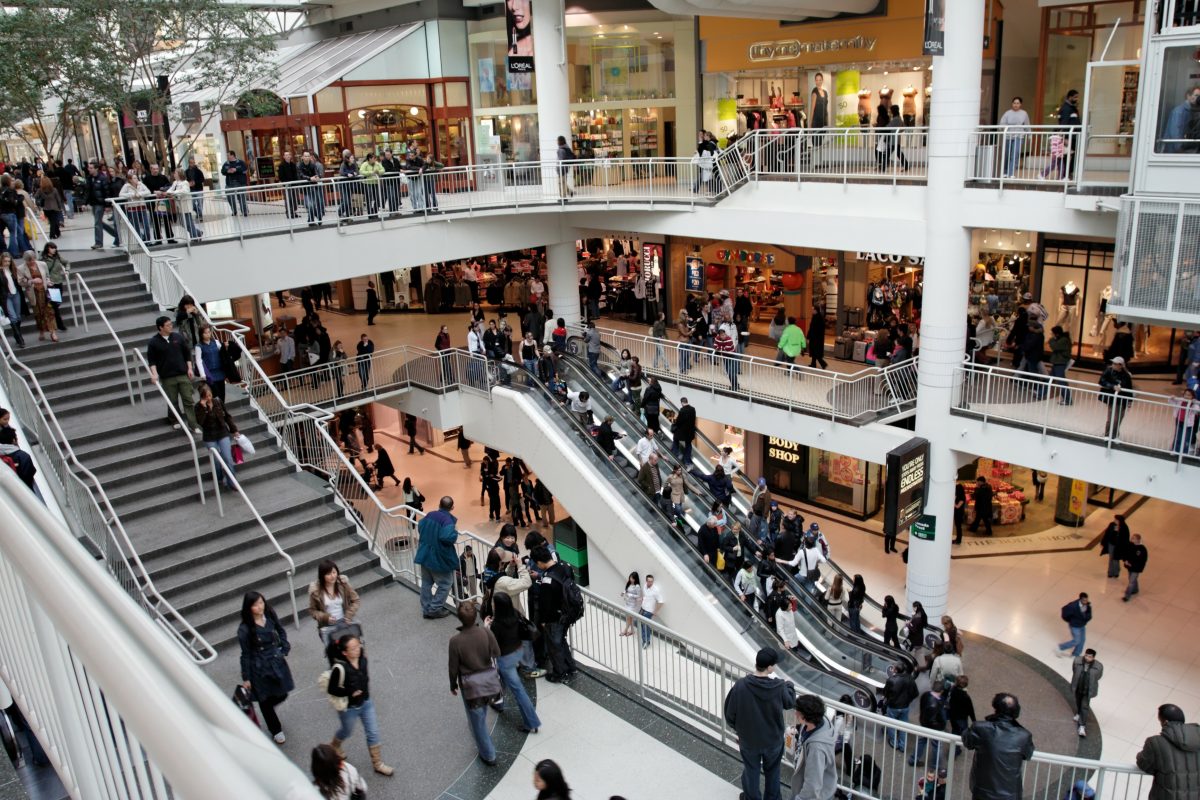Before COVID-19 began ravaging North America in March 2020, the real estate market in Canada was the most stable that it had been in decades. According to CMHC in 2019, the national vacancy rate was 2.00%, the average turnover rate was 17.10%, and the average rental growth rate was approximately 4.10%-up from 3.60% in the prior period. Additionally, almost every market in Canada posted positive rental growth in 2019.
Despite the remarkable resiliency of Canadian real estate, RioCan Real Estate Investment Trust said that its third-quarter profit was down $60 million from the same time last year due to the impact of COVID-19 on its tenants.
RioCan is the second-largest REIT in Canada and owns 289 primarily retail properties. RioCan’s holdings consist primarily of supermarkets and shopping centers. RioCan’s major holdings include Lawrence Allen Centre in Toronto, Chapman Mills Marketplace in Ottawa, RioCan Centre Kingston in Kingston, and Burlington Centre in Burlington, and its largest tenant is Loblaw, which makes up about 5% of their rental revenue.
Unfortunately, COVID-19 had a negative impact on RioCan and its holdings. RioCan reported $117.6 million of net income or 37 cents per unit for the quarter ended Sept. 30. This is down from $177.6 million or 58 cents per unit in the 2019 third quarter. RioCan blamed this year-over-year decline on pandemic-related provisions related to rent abatement, bad debts, and higher net fair value losses.
Revenue fell to $302.3 million from $353.9 million a year earlier, while Cash flow from operations also declined to $128.8 million from $142.8, and 41 cents per unit from 47 cents per unit. Cash flow from operations, when evaluating REITs, is especially important.
RioCan also made sure to note that as of the end of the quarter on Sept. 30, almost all of its tenants were open and operating compared to only 85% at the beginning of the quarter. However, one can only wonder if this will last due to the second COVID wave ravaging Canada and the shutdowns it has caused.

